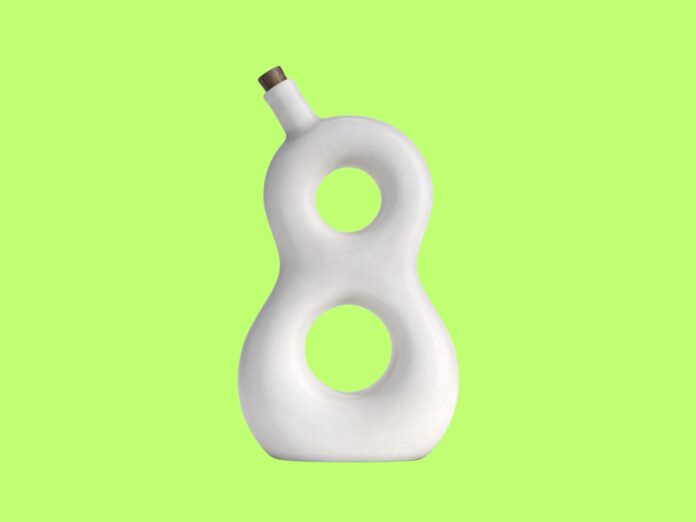Addiction is a disease, and it’s often not recognized until the addict has completely lost control. Watching a loved one struggling with addiction can be heartbreaking and debilitating, and sometimes, you can feel helpless as someone you care about falls victim to their destructive behaviours. It’s also important to understand how to best support them in this time of crisis.
So, if you want to ensure that you’re providing the best possible support to friends struggling in such situations, here are some signs that could indicate they’re going down the wrong path.
Increased Secrecy
If someone is addicted to drugs or alcohol, they will likely become more secretive as time goes on. They may start hiding their use from friends or even lying about where they’ve been or what they’ve been doing. This increased secrecy can be very alarming, especially if you don’t know what to look for.
Some addicts are not sure where to go for help, so they may be hesitant to tell anyone about their addiction. Many of them struggle with their finances and might be worried about what to do if their insurance doesn’t cover rehab and they have to bear the full brunt of paying for it.
However, the answer to the question “will insurance pay for my addiction treatment?” is, in most cases, a resounding yes. Make sure you get all the facts about addiction and treatment options so you can help your friend or loved one get the best care possible.
Sudden Mood Swings
One sign of addiction may be mood swings; specifically, sudden shifts from being happy one minute and angry the next with no obvious cause for either emotion. These changes could also manifest themselves as extreme highs or lows; suddenly feeling great about something one minute then utterly despondent the next.
This volatility can be very difficult to deal with, especially if you’re not sure what is causing it. If you are close to someone who experiences these mood swings, it’s important to be supportive and understanding, but also to keep an eye out for any other signs of addiction.

Changes In Appearance
Another sign of addiction can be the change in appearance, which can be both physical and behavioral. Physical changes may include weight gain or loss, a drastic change in complexion, or a more unkempt appearance, though, of course, this may be indicative of many other life events or situations, too.
Behavioural changes may include becoming more secretive or avoiding social situations. Again, any of these changes could be innocent and unrelated to addiction, but if you notice several of them happening at once it might be worth asking your friend if everything is okay. Just be sure to do so in a supportive way, as addiction can be a very sensitive topic.
Withdrawal From Social Activities
One telltale sign of addiction is when someone begins withdrawing from social activities that they used to enjoy. This could manifest itself as spending more time alone, declining invitations to hang out with friends, or reducing participation in activities like clubs or sports.
There might be several reasons for this change, but if it coincides with other signs of addiction it’s worth getting to the bottom of things. And if your friend or loved one is withdrawing from social activities, be sure to check in on them regularly and offer support. If they’re open to it, you could even suggest getting help together. This will require a lot of love and patience, but it can be an incredibly effective way to overcome addiction.
Neglecting Responsibilities
Addiction can also lead to neglecting responsibilities, whether it’s school, work, or household chores. This could manifest itself as missing deadlines, coming in late to work, or simply not doing what needs to be done. If you notice this happening, it might be time to have a talk with your friend and see if they’re struggling with addiction.
Another reason for neglecting responsibilities could be a mental health issue like depression, so it’s important to rule that out before assuming addiction is the cause. Either way, if your friend has a mental health condition, be sure to offer your support in getting them the help they need. In some cases, both addiction and mental health issues need to be treated simultaneously.

Changing Habits
This could be anything from how they spend their free time to how they eat and sleep. Addicts often turn to drugs or alcohol as a way to cope with stress or boredom, and so their habits will change as a result. If you notice your friend changing their habits, it’s important to ask why. They might not have realized that their changes are indicative of addiction, so talking about it openly can be helpful.
One of the biggest concerns with addiction is that it can be very isolating, so getting your friend to open up about their changes is an important step in helping them get the treatment they need. Try asking them directly if everything is okay. You might be surprised at how willing they are to talk openly about their addiction once they know you’re supportive and understanding.
Understanding the signs of addiction is an important step in helping a friend or loved one get the treatment they need. If you’re worried about someone you know, don’t wait to take action. Talk to them openly and honestly about your concerns, and offer your support. Even though getting help can be difficult, it’s worth it in the end. Just remember to be patient and understanding, and to take things one step at a time.





